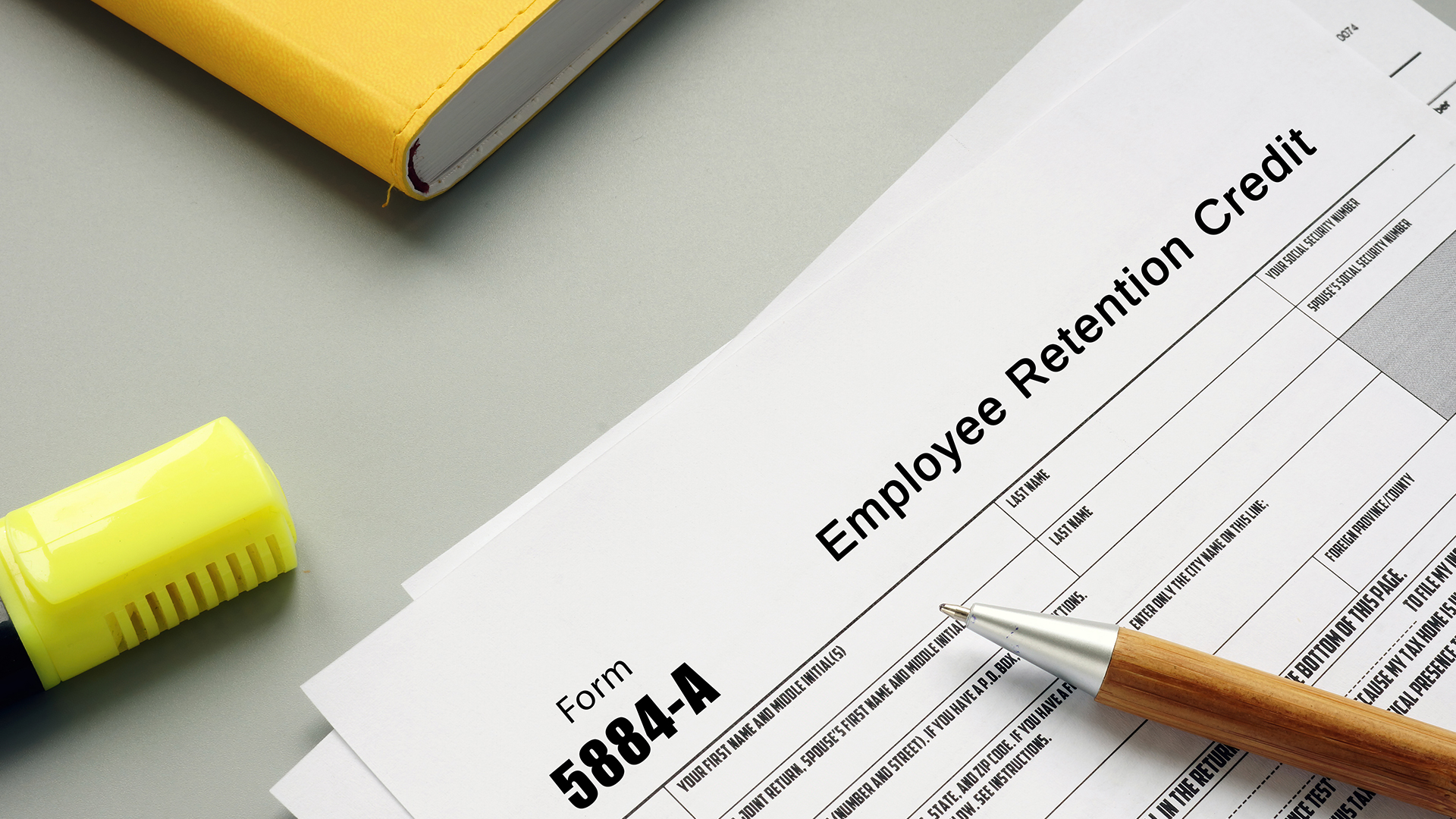Because the IRS is so backlogged these days, we have many clients that filed employee retention credit (ERC) claims more than six to eight months ago and still have not received the funds – for many clients, the claims are in the millions of dollars.
This puts them in an awkward position because the IRS position is that once a taxpayer files a claim for the ERC, it must disallow the wages and health plan expenses giving rise to the ERC, effectively subjecting the ERC to taxation. This means that the IRS is telling taxpayers they have to pay tax on the ERC even if it is not received.
That can’t be the right answer, particularly because the ERC is supposed to be a COVID relief provision for struggling businesses.
So What’s a Taxpayer To Do?
Up until recently, we as tax advisors have been in the unfortunate situation of having to tell clients the IRS expects them to pay tax on the ERC even if they have not received the funds. We also have said that we can’t imagine the IRS would assert interest and penalties if the tax was not paid in advance of receipt of the credit, citing the inherent unfairness of taxation before the receipt of income. But there was no IRS guidance we could reference to comfort our clients on this speculation.
Now the IRS has provided guidance…sort of. In a news release issued April 18, 2022, the IRS acknowledged the problem and stated that taxpayers may be eligible for relief from penalties for failing to pay their taxes if they can show reasonable cause and not willful neglect for the failure to pay. Not the strongest statement in the world, but as they say, it’s something. And the press release did not mention interest, just penalties.
The news release next mentioned that taxpayers can also qualify for administrative relief from penalties for failing to pay on time under the IRS’s First Time Penalty Abatement program. That program requires three things:
- The taxpayer did not previously have to file a return or had no penalties for the three prior tax years,
- The taxpayer filed all currently required returns or filed an extension of time to file, and
- The taxpayer paid, or arranged to pay, any tax due.
The IRS encouraged taxpayers to visit the penalty relief page on its website. Even though the news release is not the model of clarity taxpayers desired, something is better than nothing. Taxpayers taking the wait-and-see approach, i.e., waiting to pay tax until they receive the ERC, can now point to this news release if they are audited on this issue.
Contact Us
If you have questions regarding the ERC, please reach out to your Withum advisor.




